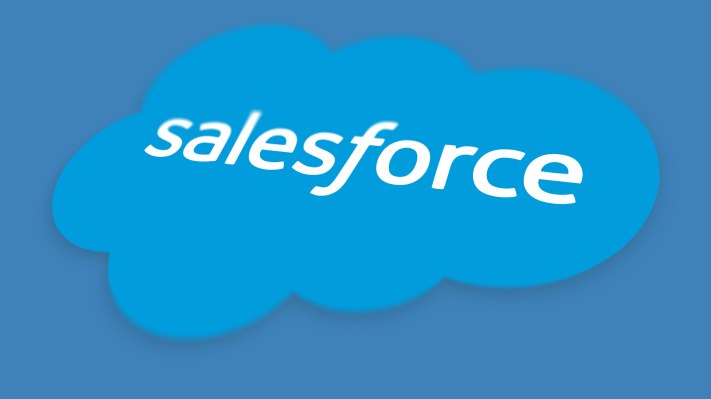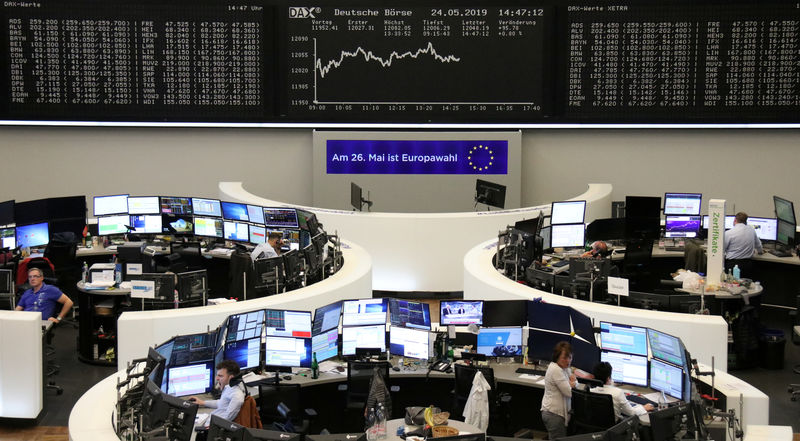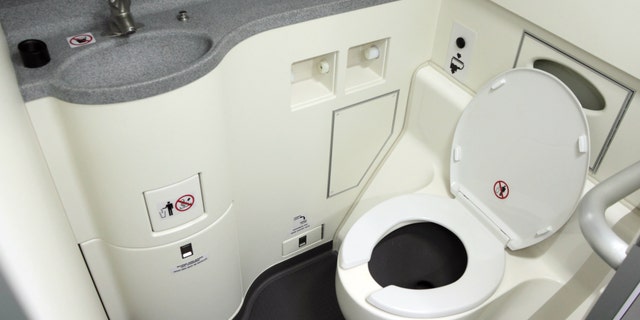You might have noticed that healthcare stocks, in general, aren't performing all that well so far in 2019. The Health Care Select Sector SPDR Fund (NYSEMKT: XLV), which tracks the performance of the S&P 500 stocks in that sector, is lagging far behind the broader market indices this year.
But I think this underperformance will only be temporary. Quite a few healthcare stocks look like great buys right now. Three that rank near the top of the list in my view are Illumina (NASDAQ:ILMN), Teladoc Health (NYSE:TDOC), and Vertex Pharmaceuticals (NASDAQ:VRTX). Here's what makes them stand out.

Image source: Getty Images.
1. Illumina
Some might look at Illumina's slowing growth rate in the first quarter and conclude the genomic sequencing pioneer is running out of steam. My take is that it's simply catching its breath before its next wave of growth.
Management expects revenue growth of close to 14% and adjusted earning per share (EPS) growth of nearly 17% in 2019. The catch is that much of that growth will come in the last half of the year as several big population genomics efforts crank up. In addition, its customers tend to purchase more as their fiscal years wind down.
More important, Illumina should profit from several long-term growth opportunities. Consumer genomics products like the ones offered by Ancestry and 23andMe -- both of which are Illumina customers -- started out focused solely on genealogy, and were primarily targeted toward the U.S. market. That's changing, though: They now put more emphasis on health-related genetic attributes, and are taking a greater interest in international sales.
Population genomics efforts that involve genomic sequencing of hundreds of thousands of people are gaining momentum across the world. There's also a greater focus on genetic research into rare and undiagnosed diseases than ever before.
Perhaps the most significant opportunities for Illumina, however, are in cancer research and treatment. The promise of liquid biopsies -- blood tests for detecting cancer -- is tremendous. The emergence of personalized medicine tailored to individuals' genetic profiles, particularly in treating cancer, offers yet another huge potential growth market for Illumina.
2. Teladoc Health
Teladoc Health's growth isn't slowing down at all. The virtual healthcare services provider delivered 43% year-over-year revenue gains in the first quarter, with a big rise in membership and higher utilization of its services.
Management thinks the rest of the year will look really good as well, and projects revenue growth of 37% for 2019. And while Teladoc Health isn't profitable yet, that's mainly because it continues to invest heavily in expanding its business.
There's already been plenty of expansion. Through a string of acquisitions, Teladoc now has operations across the world, and ranks as the global leader in virtual care. Its client base includes 40% of the Fortune 500, plus thousands of smaller organizations.
Teladoc Health appears poised for significant growth as aging populations globally drive demand for healthcare services higher. Telemedicine offers a less-expensive way to provide some of those services. Teladoc's industry leadership and its broad array of services should give it a solid competitive advantage in capitalizing on this opportunity.
3. Vertex Pharmaceuticals
I have maintained in the past that Vertex Pharmaceuticals is the best biotech stock on the market. I still think that's true. Why? Let me count the ways.
Vertex basically holds a monopoly on treatments of the underlying cause of cystic fibrosis (CF). It currently has three approved drugs on the market that together are being taken by around 18,000 patients. But there are 39,000 patients worldwide who could benefit from Vertex's current drugs, giving the company a big opportunity. Once Vertex wins approvals for treating younger patients, it expects its addressable patient population will grow to around 44,000.
But Vertex will soon file for approval of a triple-drug combo for CF that would boost the number of target patients to 68,000. I fully expect that the FDA will approve this new therapy next year, paving the way for Vertex's sales to explode.
And there's more. Vertex teamed up with CRISPR Therapeutics (NASDAQ: CRSP) to develop a gene-editing therapy targeting the rare blood disease beta-thalassemia, as well as sickle cell disease. It has a promising pain drug that should advance to late-stage clinical testing in the not-too-distant future. And it's also leveraging its expertise in CF to develop drugs for other rare genetic diseases including alpha-1 antitrypsin (AAT) deficiency.
What they have in common
These three companies have two important things in common other than that they're in the healthcare sector.
First, they all enjoy strong moats. Illumina, Teladoc Health, and Vertex are leaders in their respective niches. None of their competitors claim anywhere close to the market share that these companies have.
Second, each one has multiple paths for growth. Illumina can look forward to genomic sequencing opportunities in several markets. Teladoc continues to expand the types of virtual services that it offers. Vertex is branching out beyond CF.
Like any stock, these three face some risks. But I like the growth prospects for Illumina, Teladoc, and Vertex, and I like their business models. Not only would I buy these healthcare stocks right now, I already own all three of them, and I expect they'll continue to be winners over the long term.
Let's block ads! (Why?)
https://www.fool.com/investing/2019/06/09/3-healthcare-stocks-id-buy-right-now.aspx
2019-06-09 16:15:00Z
CBMiU2h0dHBzOi8vd3d3LmZvb2wuY29tL2ludmVzdGluZy8yMDE5LzA2LzA5LzMtaGVhbHRoY2FyZS1zdG9ja3MtaWQtYnV5LXJpZ2h0LW5vdy5hc3B40gFXaHR0cHM6Ly93d3cuZm9vbC5jb20vYW1wL2ludmVzdGluZy8yMDE5LzA2LzA5LzMtaGVhbHRoY2FyZS1zdG9ja3MtaWQtYnV5LXJpZ2h0LW5vdy5hc3B4






